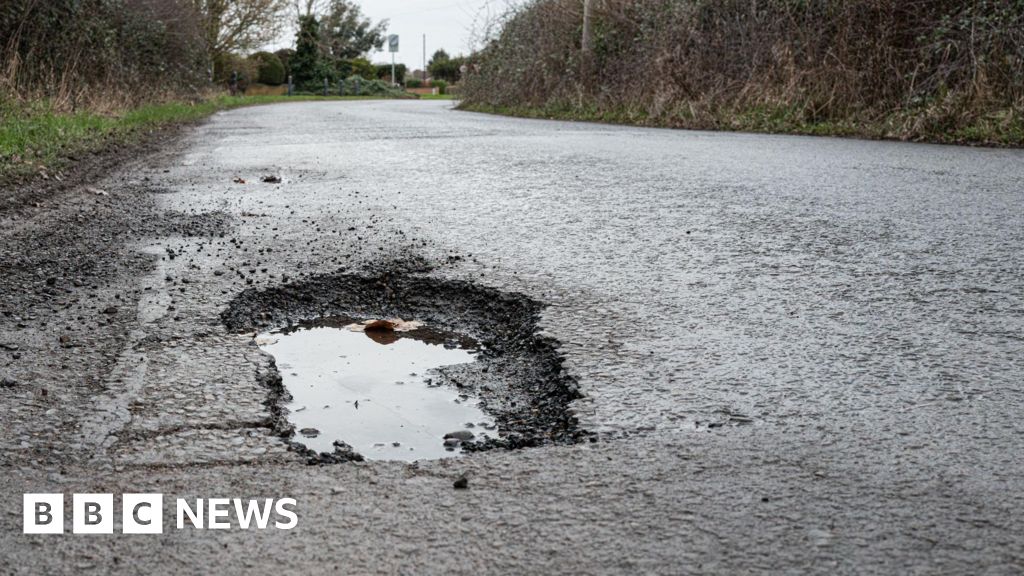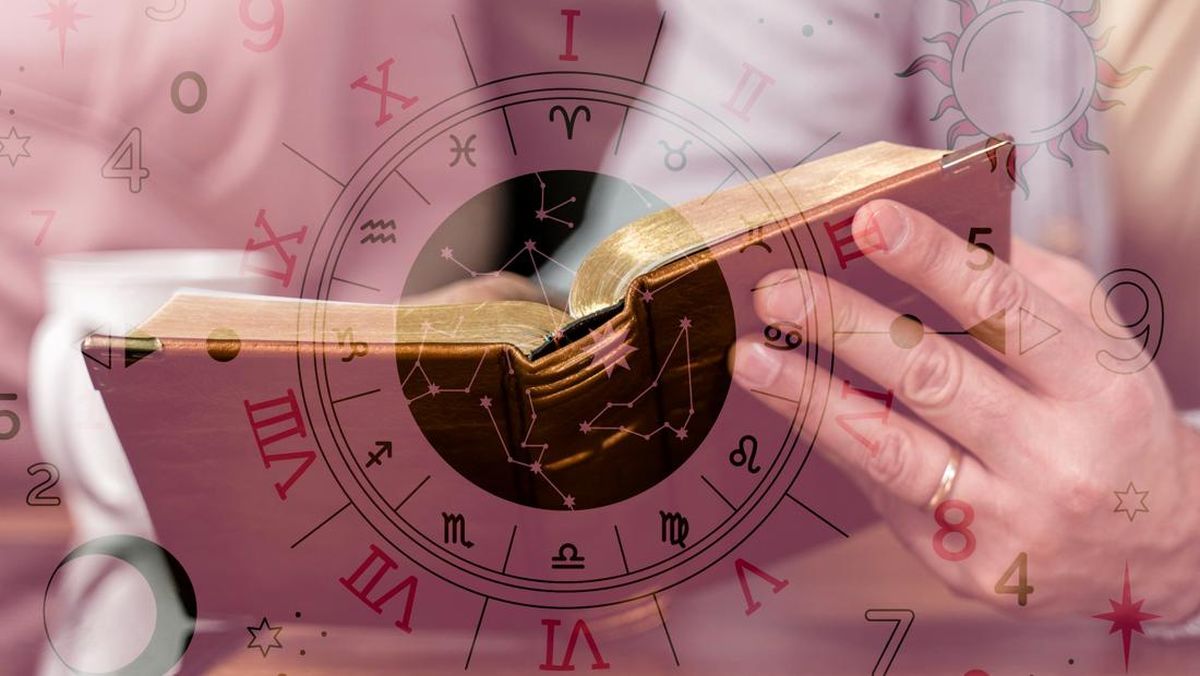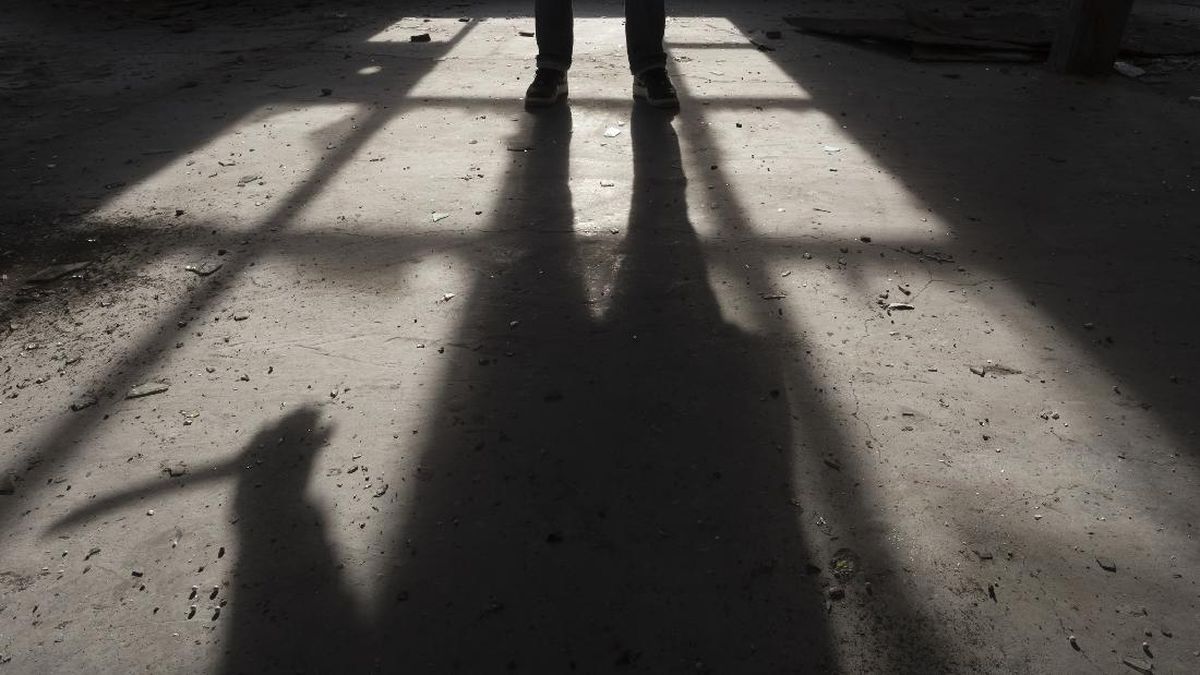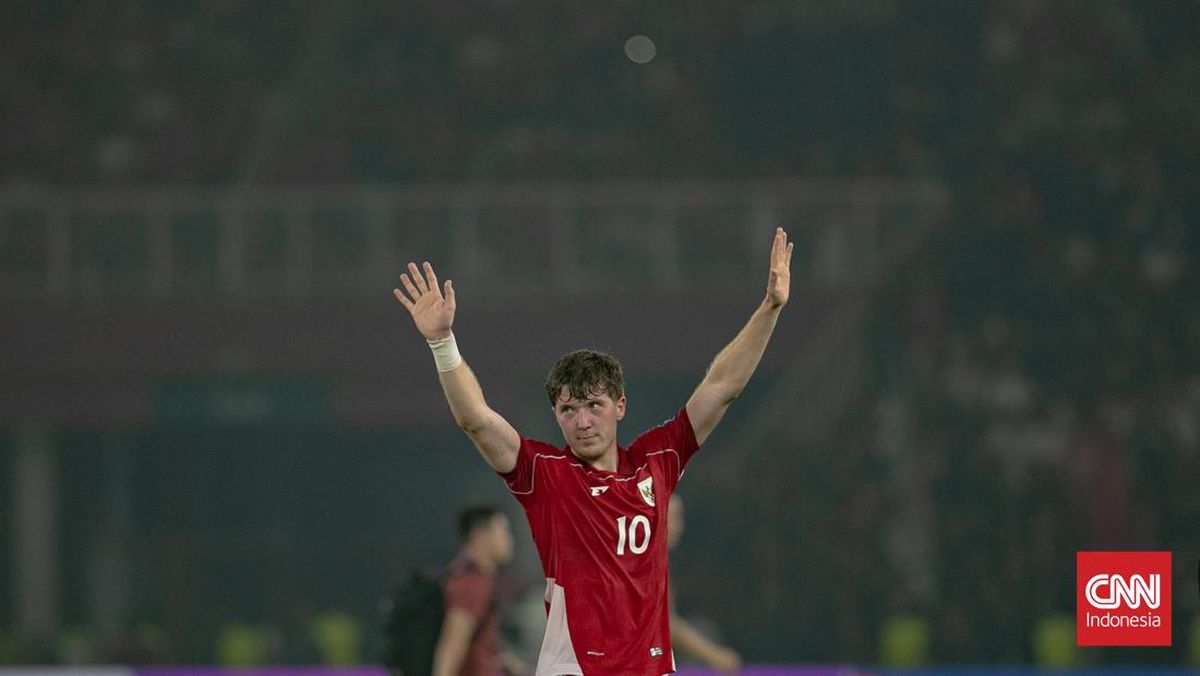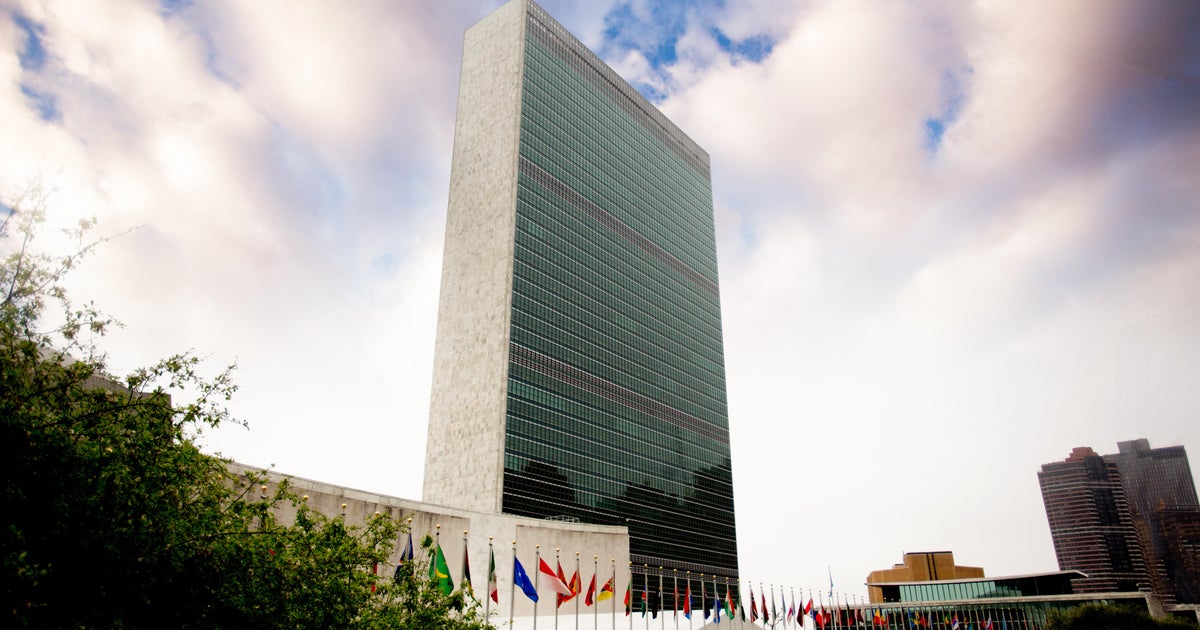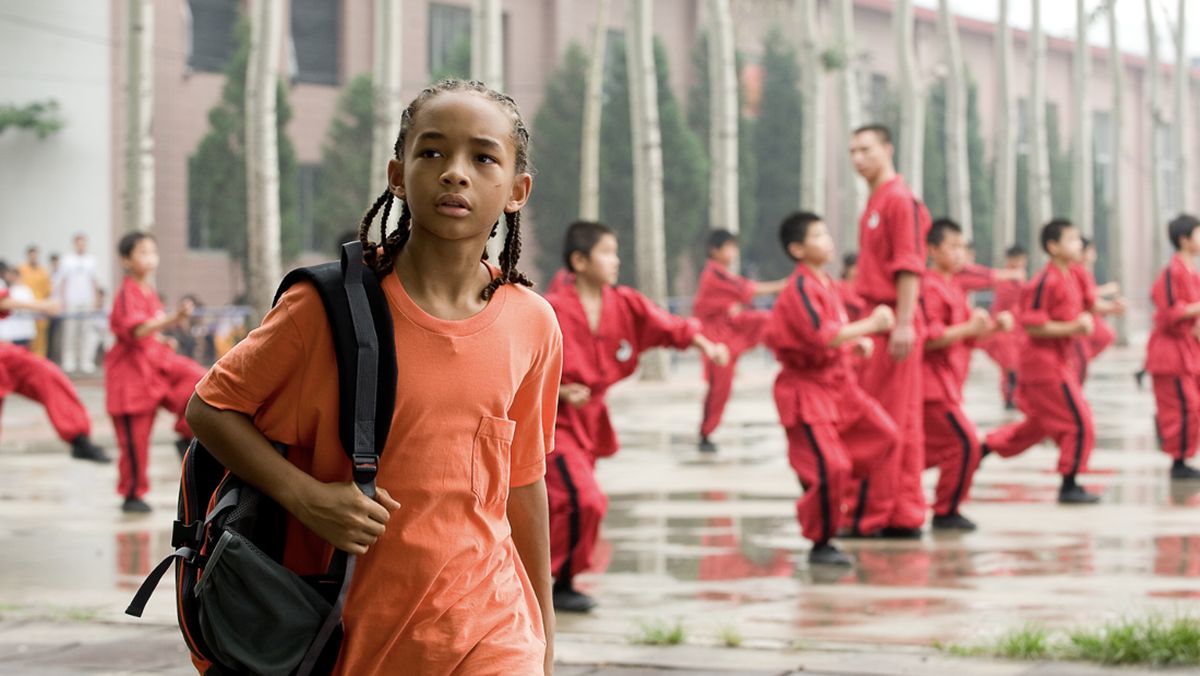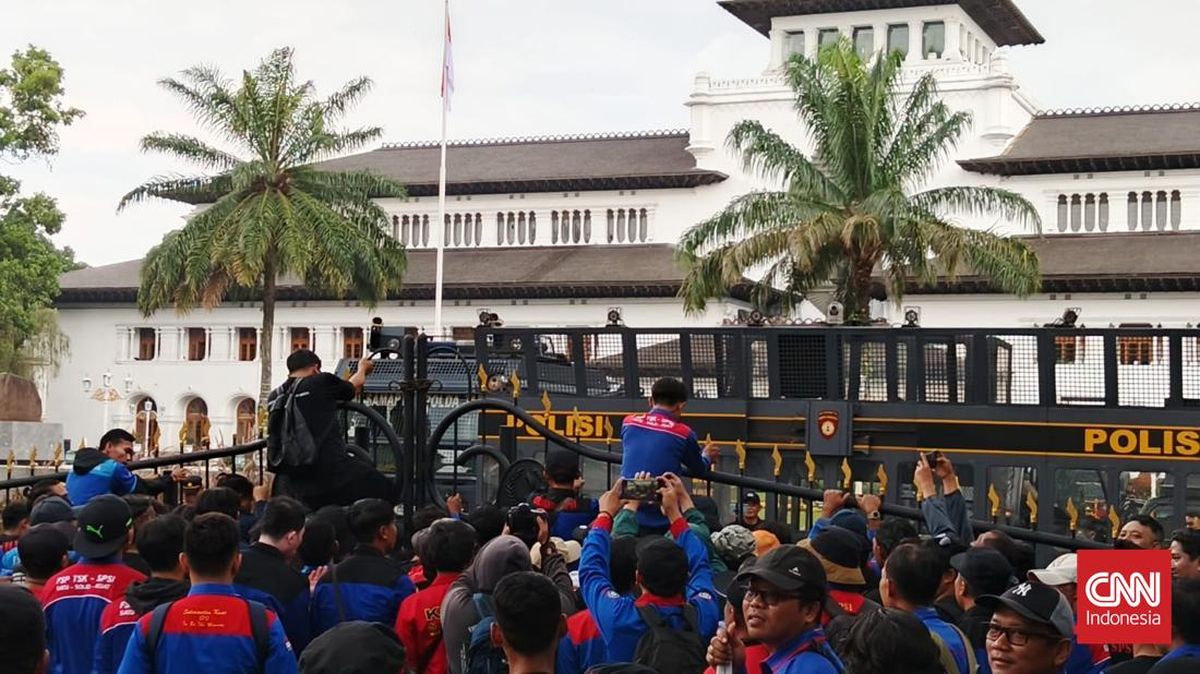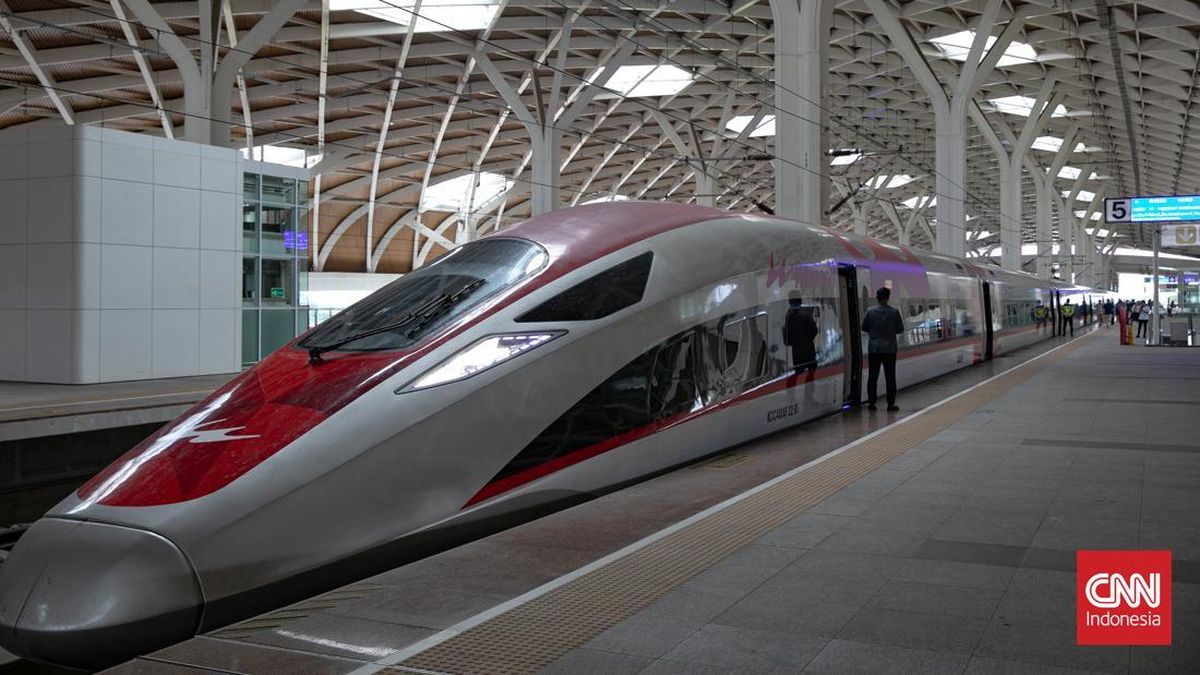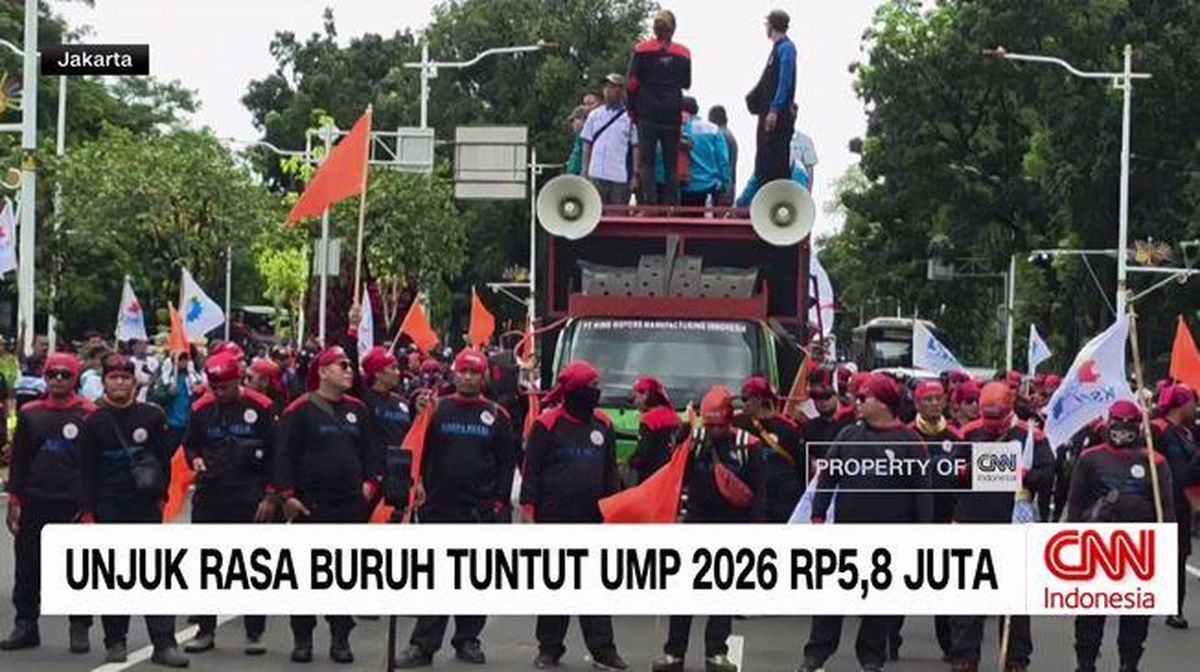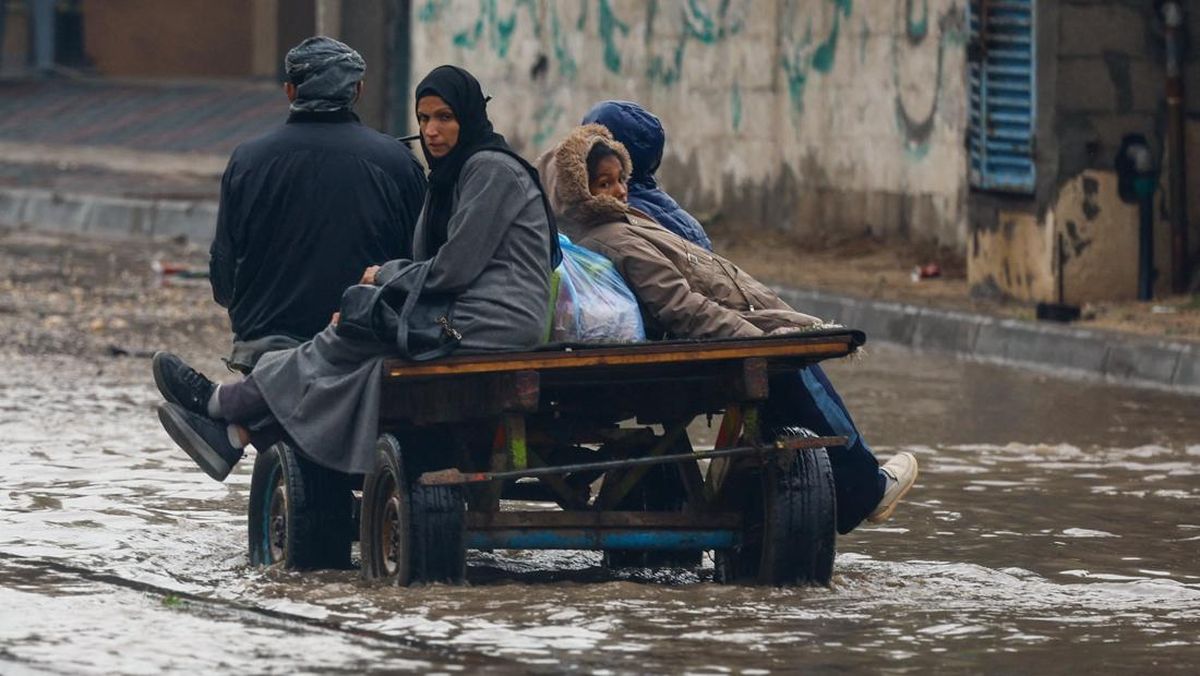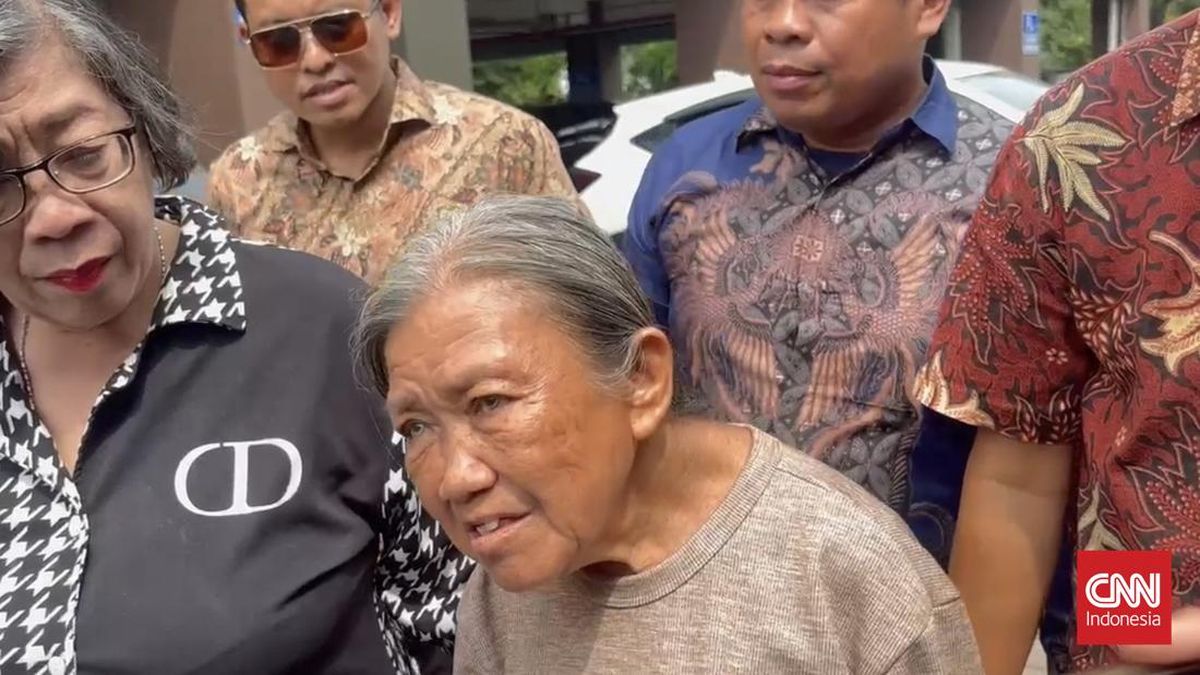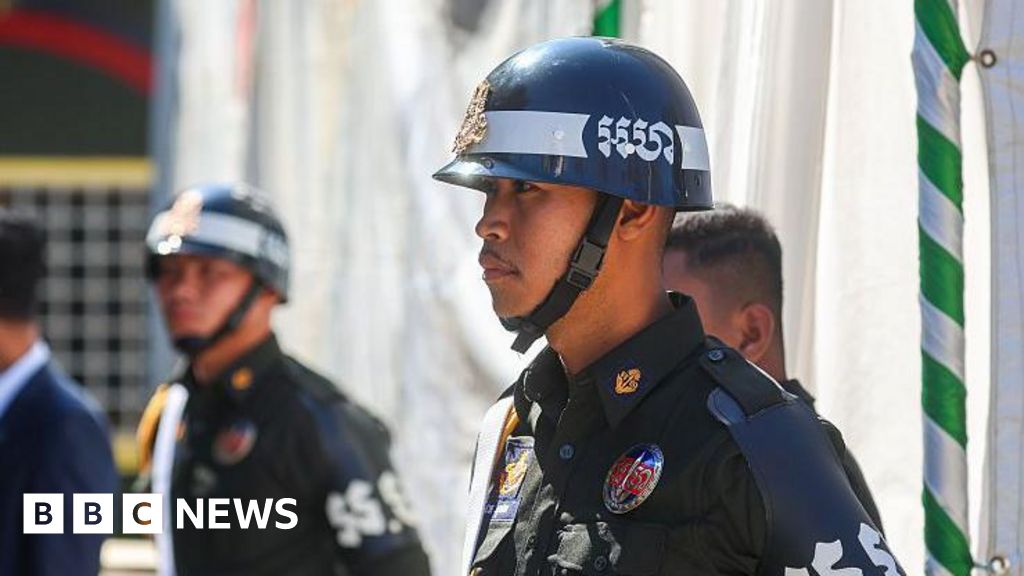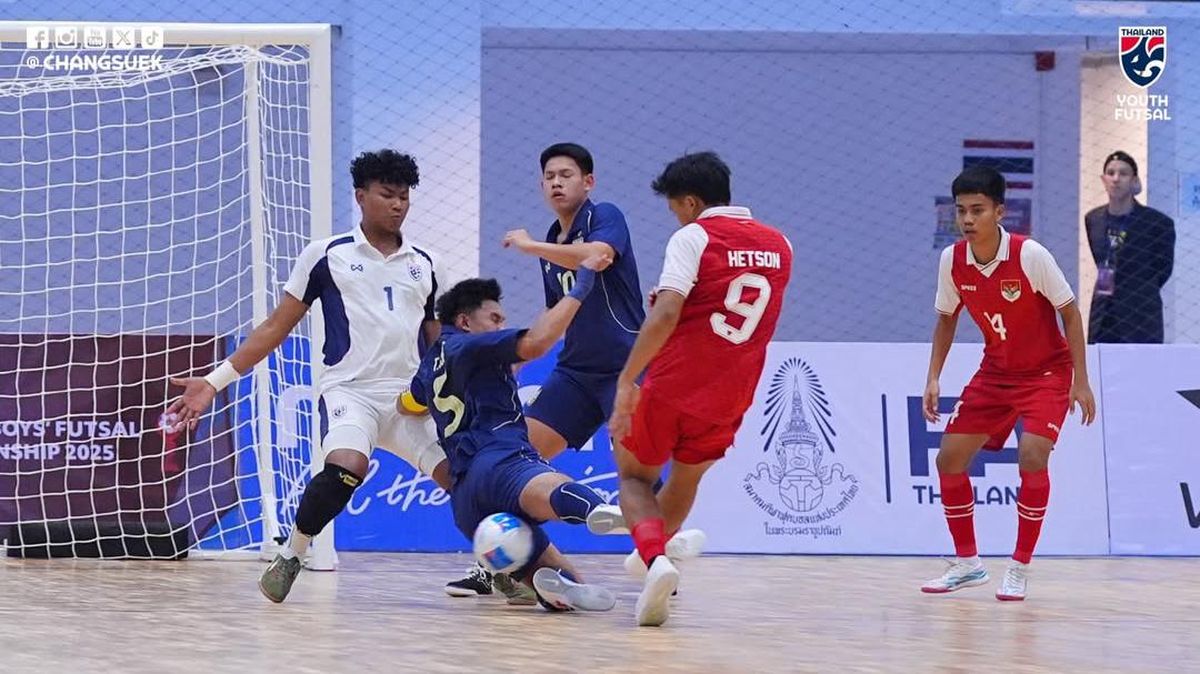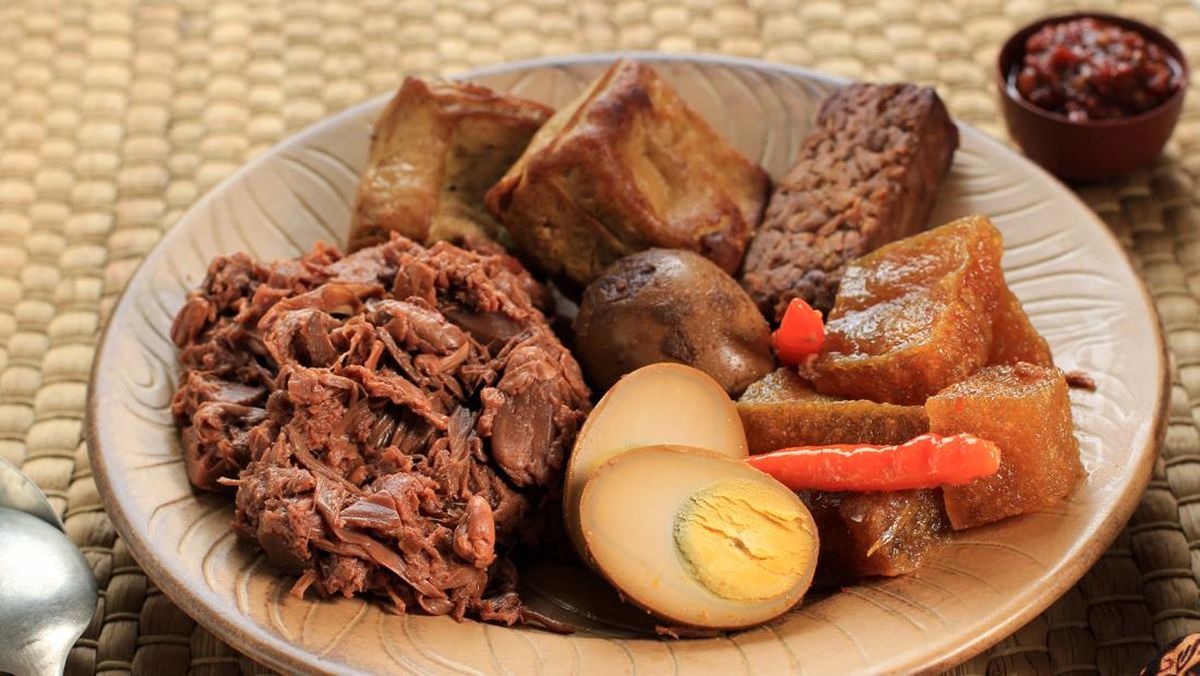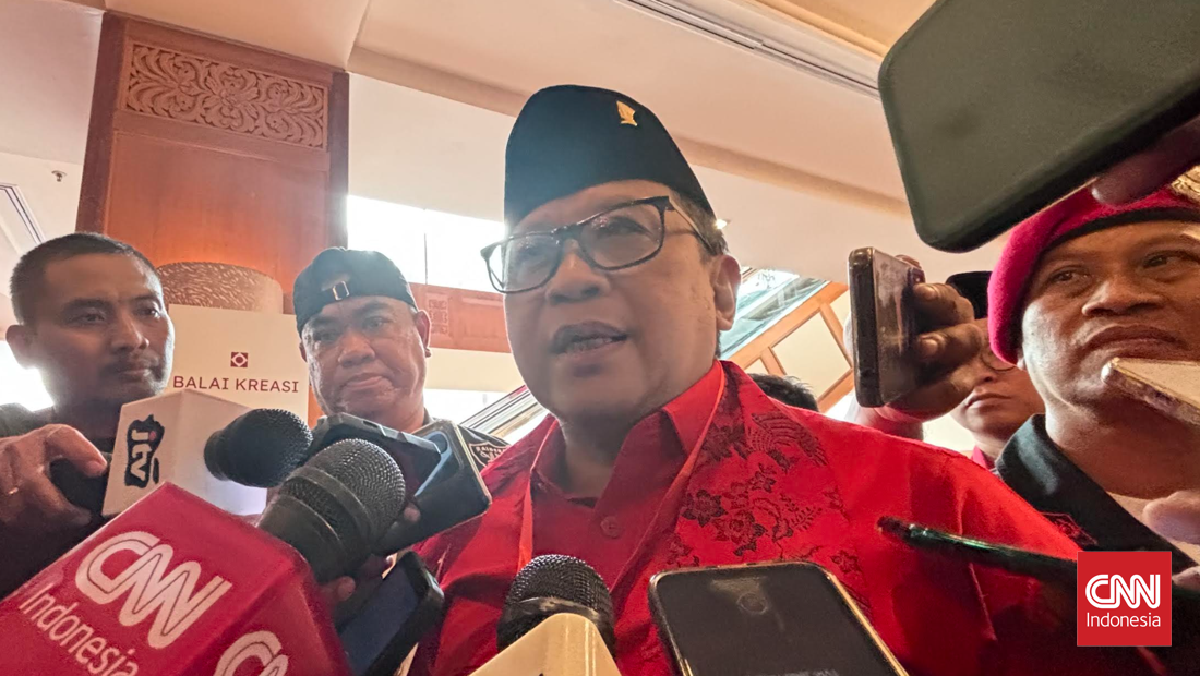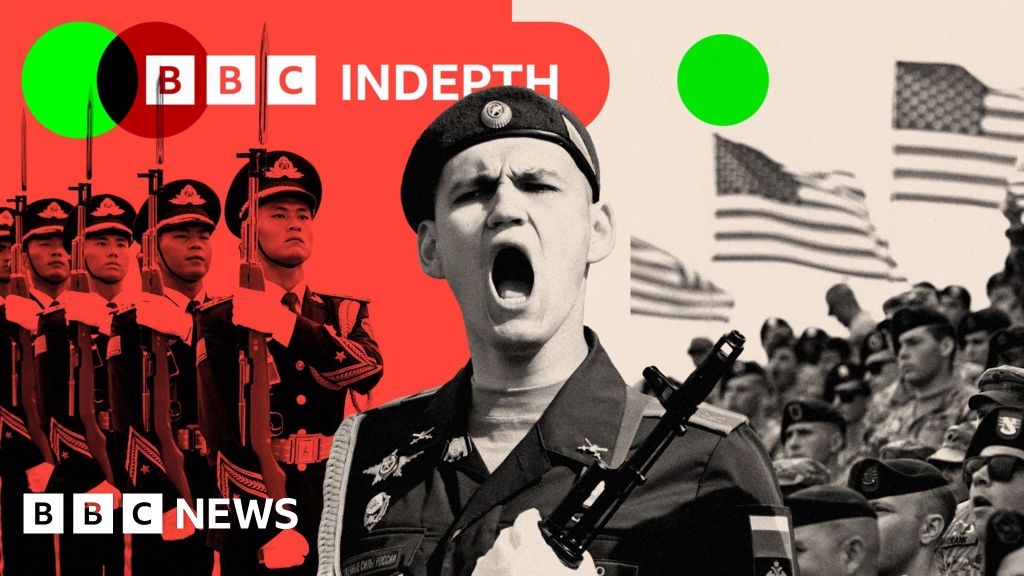FILM
But Also John Clarke ★★★½
(M) 103 minutes
I didn’t know the late John Clarke, but more than most comedians anywhere, he gave the impression of being knowable.
As his daughter Lorin recounts in this fondly admiring documentary tribute, she and her family “shared him with strangers” – not just the millions of Australians who watched him on telly, but the flesh-and-blood strangers who were drawn to him whenever he walked down the street, and who he was more than happy to stop and have a chat with.

John Clarke in satirical pre-Sydney 2000 hit The Games.Credit:
The special pleasure of But Also John Clarke lies in discovering that the John Clarke seen and heard in family home movies, tape recordings and so forth looks, sounds and behaves exactly like the John Clarke beloved by the public.
In turn, this public Clarke was always more or less the same – which was the central joke of the interview sketches he and Bryan Dawe performed for many years, first on A Current Affair and then on the ABC, where he famously impersonated a wide range of public figures without attempting to resemble anyone other than himself.
It wasn’t an act, it turns out, or else it was an act he’d perfected to the point where he could keep it going indefinitely. In any context, there’s the deadpan self-delight, the fascination with how much and how little words can mean, the knack for making complicated things simple and vice versa.

Clarke as Fred Dagg, the farmer and political sage launched in 1971.Credit:
“‘Hello’ is the main thrust of my argument,” we overhear him saying in a characteristic answering machine message to his daughter. “You can unpackage the complexity of that and consider it in due time.”
It’s dad humour raised to the nth degree, except no one other than Lorin and her sister Lucia ever had a dad like John Clarke. As we’re reminded here, one of the remarkable things about him is that he had, in a sense, two quite separate careers: prior to his success as a multimedia satirist in Australia, he had become a national icon in New Zealand in the guise of the gumbooted farmer Fred Dagg (the gumboots, we’re informed, are preserved in Auckland’s Te Papa museum, along with his singlet, hat, and shorts).
As we gather partly from Clarke’s own tape-recorded reminiscences, his move to Australia towards the end of the 1970s came about after plans for a full-scale Dagg TV show fell apart.
There’s the sense here and elsewhere of a story not quite told in full. Probably, there would be scope for a feature documentary focused solely on the Dagg years, with more of the political context included.
But the film has a lot of ground to cover, which requires some skimming: anyone craving more personal detail should seek out the director’s delightful 2023 memoir Would This Be Funny? Growing Up With John Clarke, to which this film is a kind of supplement.
I regretted there wasn’t room for a segment on The Fast Lane, the subversive and unjustly forgotten detective series Clarke co-created in the mid-1980s with SeaChange’s Andrew Knight.
On the other hand, pride of place is rightly given to his later ABC show The Games, a crowning achievement and a strong contender for best TV comedy series ever made in Australia – supposedly about the Sydney Olympics, but really about the perils of putting on a show of any kind.
Loading
As we’re told here, reservations were expressed at the time by the network bosses, who felt the central character of “John Clarke” was insufficiently well-defined. Never a man with much time for any authority except his own, Clarke naturally wasn’t best pleased about this. Still, he more than anyone must have appreciated the joke.
But Also John Clarke is in cinemas from today
Must-see movies, interviews and all the latest from the world of film delivered to your inbox. Sign up for our Screening Room newsletter.
Most Viewed in Culture
Loading

